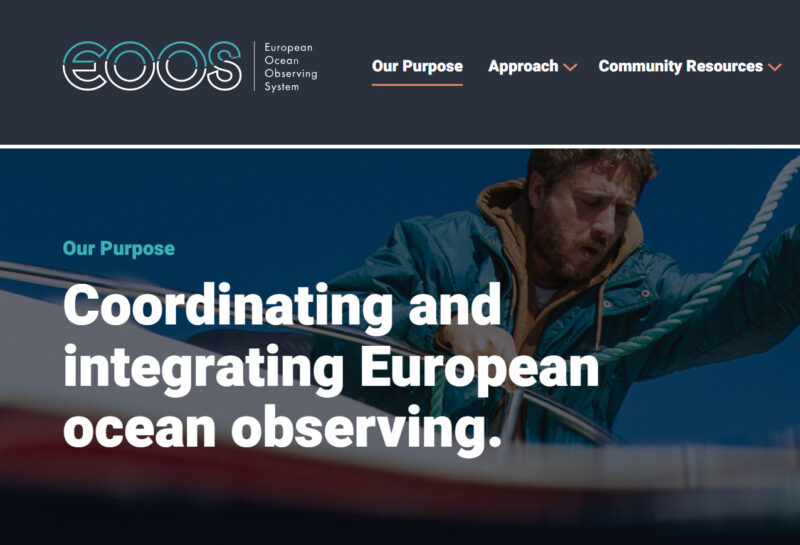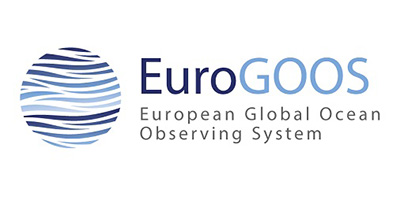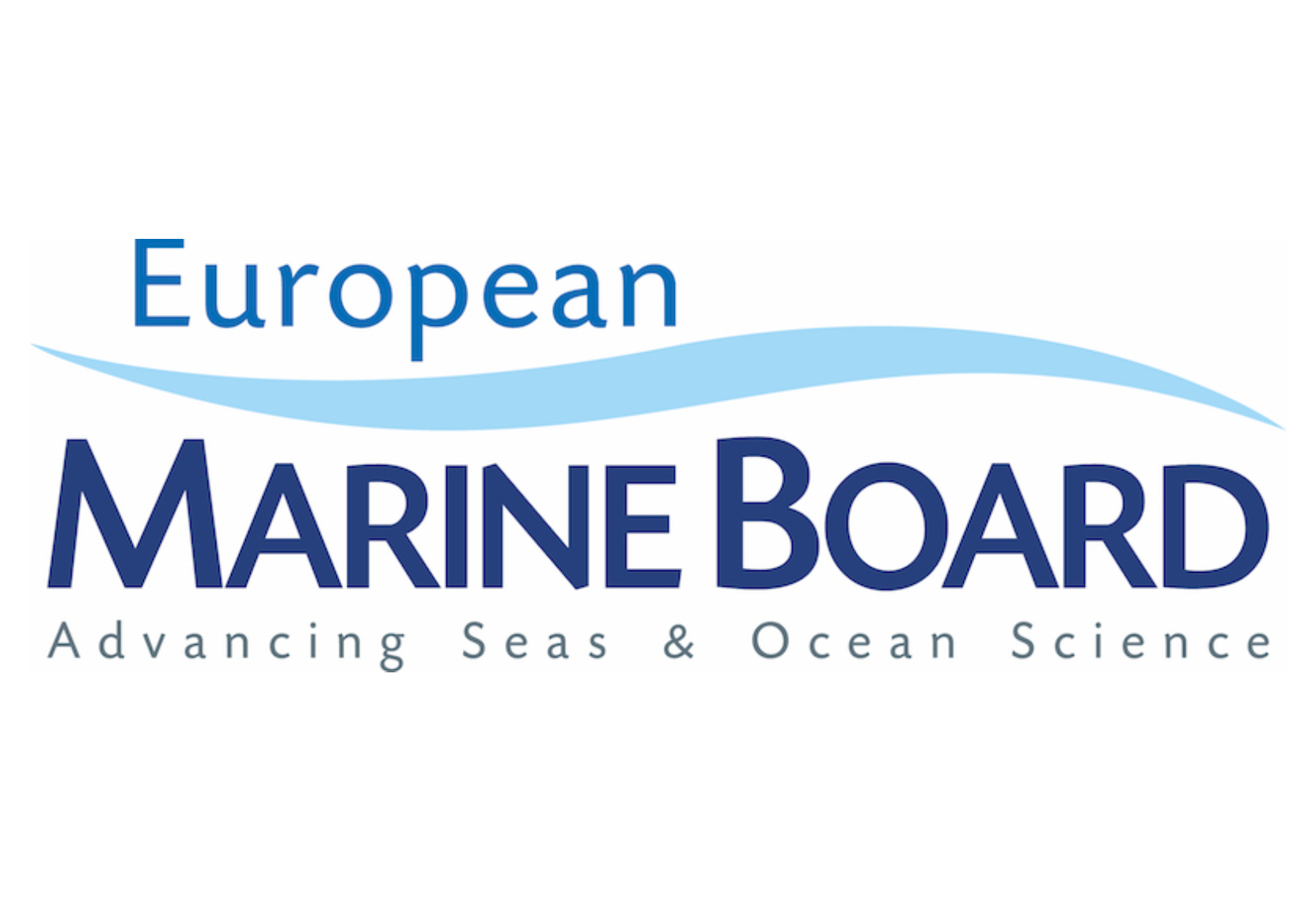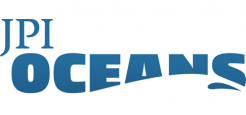Sustained and comprehensive in situ observations combined with satellite observations and predictive models are critical for generating knowledge required for the protection of the ocean and the sustainable use of its resources.
EOOS provides a stakeholder-driven, coordinating framework to integrate and sustain Europe’s rich and diverse in situ ocean observing and monitoring communities to ensure the best value and societal benefits from Europe’s ocean observing capacity.
Today, the European Union funds and sustains satellite ocean observing through the world-leading Copernicus Earth Observation programme. In-situ and satellite data processing and management activities, and the downstream development of services are supported through the European Marine Observation and Data Network (EMODnet) and the Copernicus Marine Service. However, Europe’s in situ global ocean observing remains fragmented across diverse European organisations, networks, initiatives, and projects, at EU and national level; not all of which are sustainable in the long-term. To help address this problem, the development of a European Ocean Observing System (EOOS) framework was launched. EOOS provides a stakeholder-driven, coordinating framework to integrate and sustain Europe’s rich and diverse in situ ocean observing and monitoring communities to ensure the best value and societal benefits from Europe’s ocean observing capacity.
The EOOS framework breaks down barriers to improve coordination and integration of Europe’s ocean observing, monitoring and data sharing resources, while promoting sustainability. EOOS’s framework is underpinned by the GOOS Framework for Ocean Observing and is an integral part of the global ocean and wider earth observing system.
Building on existing initiatives, the development of the EOOS framework is led by EuroGOOS and the European Marine Board, with support from JPI Oceans and the European-funded project EuroSea. EU4OceanObs assists EOOS and EuroGOOS to align European ocean observing programmes with global initiatives to improve international ocean governance to increase the collection, sharing and use of ocean observations for society.
For more information visit www.eoos-ocean.eu.

EOOS partners and supporters








